Have you ever felt like you’re all alone while being with someone? A one-sided friendship that’s sustained solely by your efforts can make you feel like the loneliest person on earth.
Our friends are the family we choose for ourselves. They make our lives so much better by their sheer presence. They are the shoulders to cry on after a bad breakup, a patient audience to hear our rants about everything that’s going wrong in our lives, a partner in crime, a confidante, a wise advisor, and a sibling from another mother.
But what happens when a friendship gets unbalanced and becomes a one-sided friendship?
Read: 5 Types Of Codependency
What Is A One Sided Friendship?
Friendship, like any other relationship, depends on mutual love, care, and support. A healthy friendship requires all the parties involved to put in their best efforts, time, and energy to make it work.
But in a one-sided friendship, as the name suggests, all the efforts and work are done by one person. The relationship dynamic is completely out of balance, with one friend always reaching out, initiating communications, offering support and help, and the other simply enjoying the perks! Not quite swell, isn’t it?
But do you know what’s the worst thing about a one-sided friendship? They are so darn difficult to be identified. You will think the obvious lack of reciprocation helps to call out on a lousy friend and be done with a one-sided friendship, but it’s not so easy.
On the contrary, a one-sided friendship makes you doubt yourself and question your interpersonal skills and judgment. If you are in a one-sided friendship, your friend might not be outright rude or dismissive of your emotions. They can also claim you mean a lot to them, but the problem is their actions will not match their words.
That’s why we are here to help you:
- Recognize the red flags of a one-sided friendship
- Understand the impact of your one-sided friendship on your overall well-being
- Effectively deal with your one-sided friendship so it doesn’t suck you dry

What Are The One Sided Friendship Signs?
These 6 key indicators will help you identify a one-sided friendship. You might not witness all the signs in your specific case, but if you can identify with multiple ones, be on your guard.
1. Everything Is About Them
They have the magical skill to turn every conversation toward them. Whether you are trying to talk about a guy you newly met or the weather, somehow they will make it about them.
They will talk for hours about how stressful their day was or how irritating their in-laws are, but as soon you open your mouth to share about your day or something that’s bothering you, they will zone out.
You might speak barely for 3 minutes, during which they will offer the customary “oh?” or “hmm”, but soon enough, they will interject with a “by the way” or “that reminds me” and the conversation will become about them again. It’s like being friends with a radio set.
2. They Don’t Share Much About Them
On the other end of the spectrum, you have these friends who never open up about themselves. Even if you two are catching up after a long time, they have little to talk about their lives.
They are visibly reluctant to share anything beyond the mere surface-level details and it seems like you have to prod for every nugget of information. The responsibility to keep the conversation going falls upon you, making you uncomfortable and uneasy. A friendship doesn’t have to be like a police interrogation.
3. You Cannot Depend On Them For Anything
A friend in need is a friend indeed, right? Sure they can ask you for any favor anytime, but when you are in need of something, they are nowhere to be found. Text messages are left on seen, calls are unanswered, and they never come through.
Whether it’s a practical necessity like borrowing a few bucks, helping you move houses, or an emotional crisis where one needs to vent to a loved one, you just cannot count on them. But when they require your help, they will be quick to ask for it. They will mooch off your time, resources, as well as emotions.
4. They Don’t Initiate Communications
Have you ever wondered if you didn’t say the first “hi” to some people, would you ever hear from them? Half-hearted friends never care to keep in touch and they don’t initiate conversations.
If it’s always you who texts, calls, makes plans to meet, and takes all the effort to keep the friendship alive, then maybe you are watering a dead plant.
5. Their Convenience Matters, Yours Not So Much
Is your friendship based on your friend’s needs and convenience? Do you meet according to their schedule and does your friend always gets to pick the restaurant or the club? In a one-sided friendship, everything will be at your friend’s convenience.
They will expect you to take their call even when you are swamped with work but they can easily ignore you for days on end citing work pressure. They can also come through and be a fantastic friend, but only as long as it’s convenient for them.
6. There’s A Behavioral Pattern That keeps Emerging
Finally, you have to look out for a consistent behavior pattern. A person might have a bad day or they might struggle with some challenges that can make them act distant. But if their disinterest or lack of empathy becomes a pattern, then it’s a one-sided friendship.
The one-sided friendship psychology can be marked by an unfair exchange of emotions and shared resources. If your friend has little interest in your well-being and no consideration for your time or needs, realize that they are not invested in the friendship at all.
Read: Dependent Disorder
What Are The Effects Of One Sided Friendship?
As we mentioned earlier, a one-sided friendship can leave you baffled and hurt. They say they care about you, but their consistent apathetic behavior suggests otherwise, causing you a lot of distress and grief. It’s not surprising that one sided friendship impacts mental health adversely.
Of course, you are not being a good friend to get something in return, but it’s draining to continuously put your energy into something and not get the same energy back. Yes, one sided friendship hurts, and let’s see how!
- You stay up at night wondering what you did wrong
- You feel isolated and rejected
- Your self-confidence and self-esteem suffer a major blow and you start worrying about whether you have the qualities to be someone’s friend
- Your friend’s hot and cold behavior makes you lose faith in other relationships
- You feel lonely even when you are with them
- You might become more and more anxious regarding your relationships in general
- You can suffer a bout of depression when your friend repeatedly ignores you
- Your emotional well-being starts depending on their response and this could lead to mood swings
- You might lose interest in activities you previously enjoyed due to the lack of a friend
- You experience anger and resentment
- Self-blaming and other negative self-talk
How To Fix A One Sided Friendship
If you feel there’s a lack of understanding that’s driving a gap between you and your friend, you can try the following tips to salvage a one-sided friendship:
- Initiate an open dialogue and express your feelings to your friend without sounding accusatory.
- Probe into the specific issues that you believe are bringing an imbalance in the friendship.
- Give them space and time by taking a step back. See if they reach out and make an effort to restore the balance.
- Assert your needs. Your friend might rank low in emotional intelligence and might not even be aware that they’ve been hurting you.
How To End A One Sided Friendship
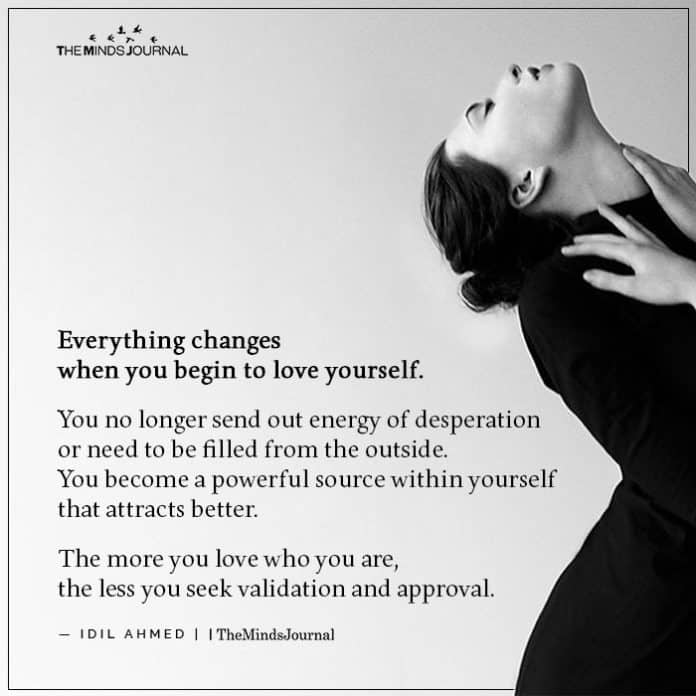
Maintaining any relationship is a two-way street. No matter how much love, care, time, and effort you invest in your friendship, it’s bound to fall apart if the other person doesn’t hold up their end of the bargain. Under such circumstances, you need to let go of this unhealthy connection. The following steps can help you end your one-sided friendship without much negativity or drama:
- Let them know your decision without any ambiguity
- Don’t indulge in a blame game
- Get emotionally independent from them and don’t expect them to win you back
- Stick to your decision and don’t reach out to them when you feel lonely
- Be prepared for your toxic friend to get defensive and put the blame on you
- Lean on your other relationships that are positive and nurturing
Additionally, you might seek a mental health professional’s help if you notice chronic health issues like clinical depression, eating disorders, or any other behavioral or emotional problems.
Let Go Of What’s Weighing You Down

You will end up feeling depleted if you keep on investing in your friendship and the other person keeps on taking from you without giving anything back. Asking for mutual support and respect from someone who claims to be your friend in no way makes you needy or high-maintenance. So, don’t feel guilty for choosing your well-being and putting your needs first.



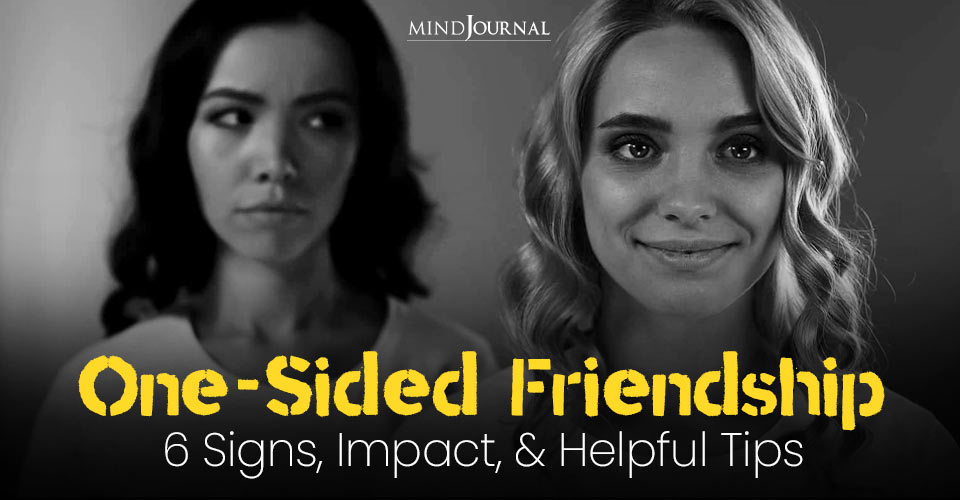
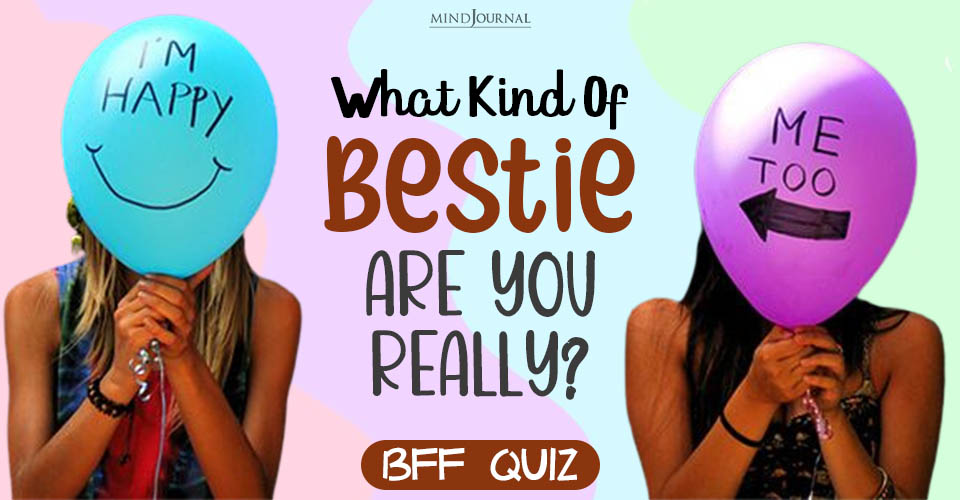
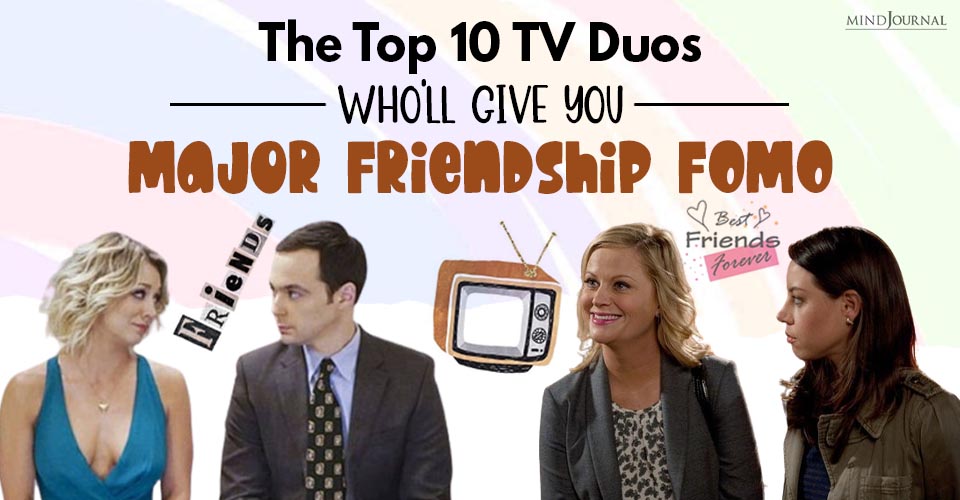
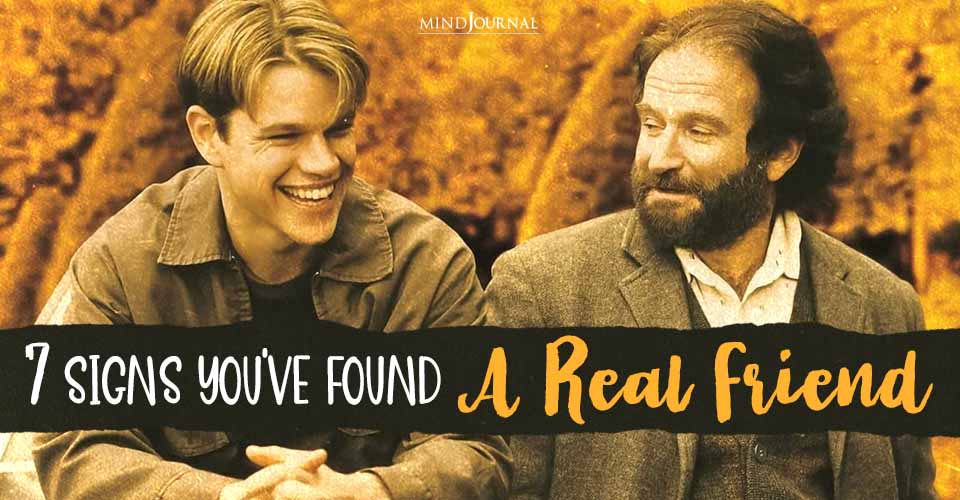
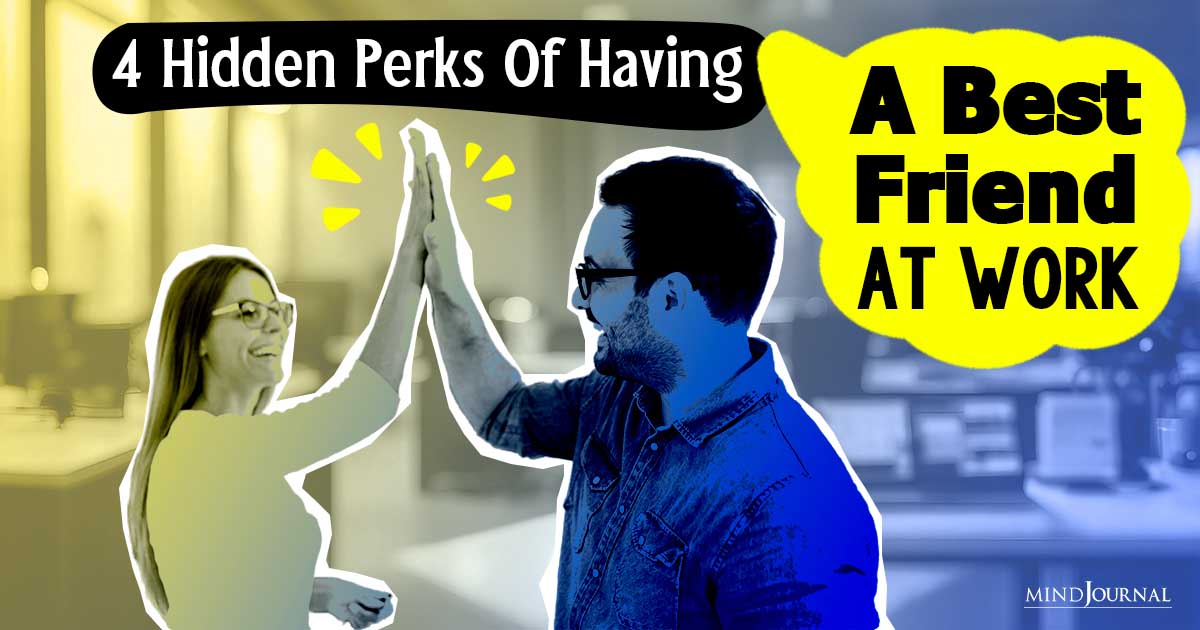
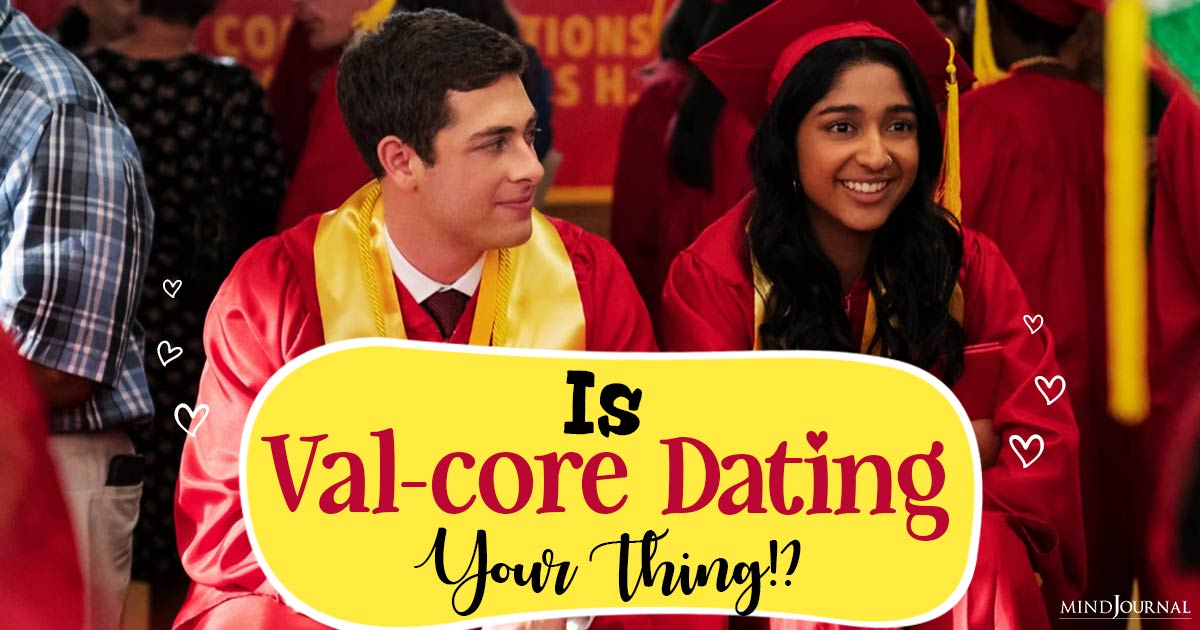
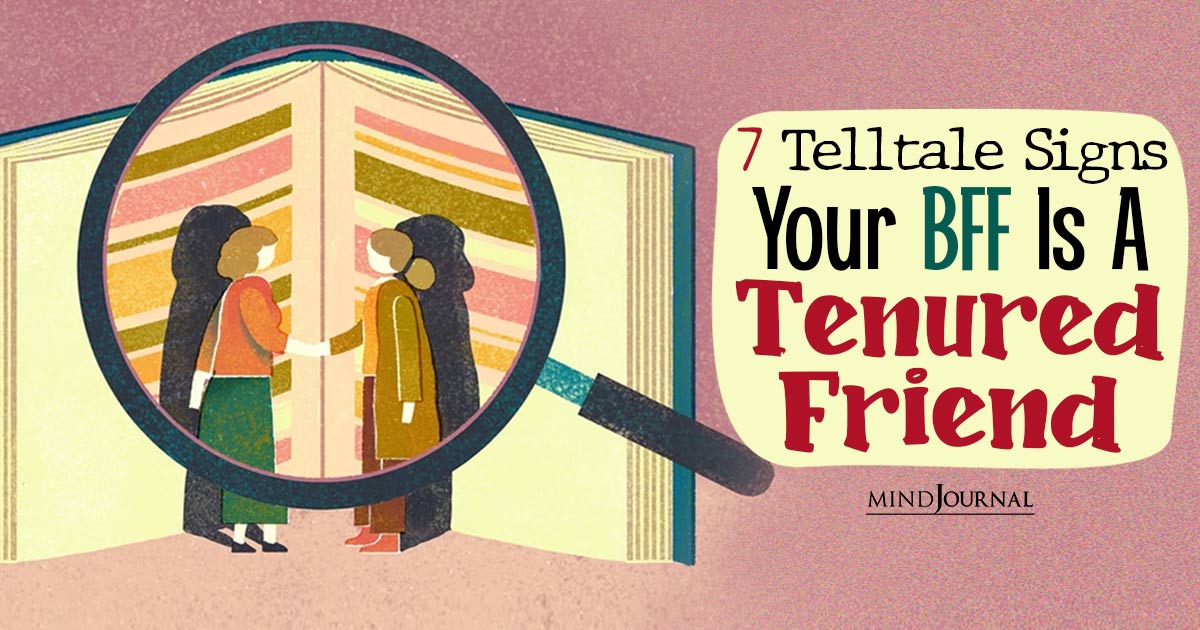
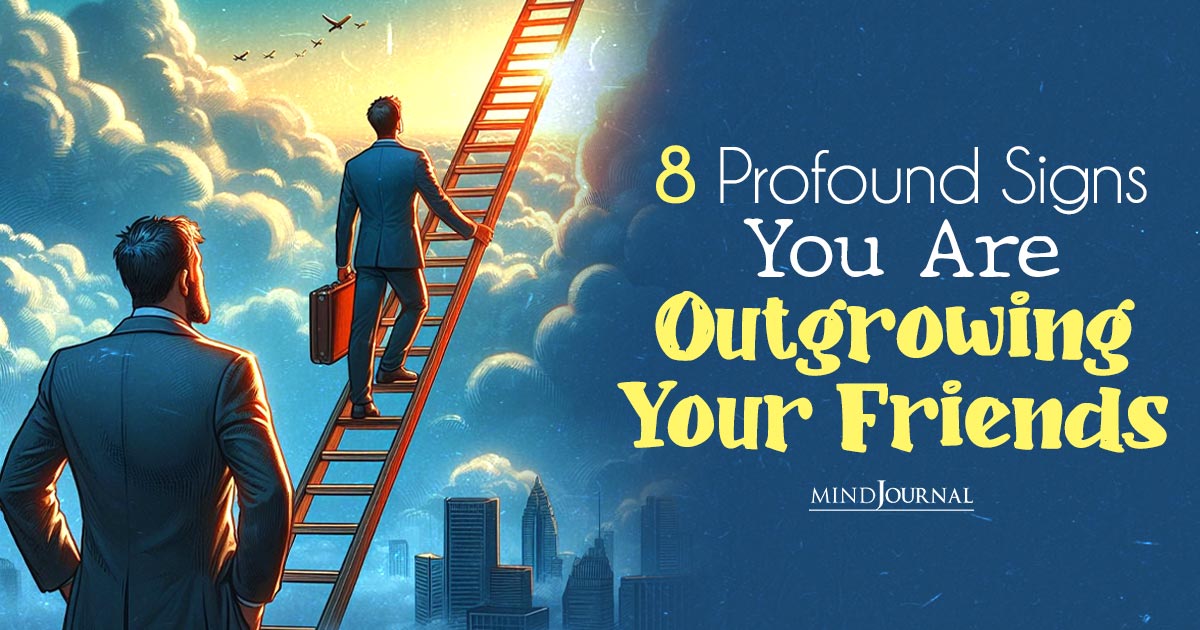
Leave a Reply